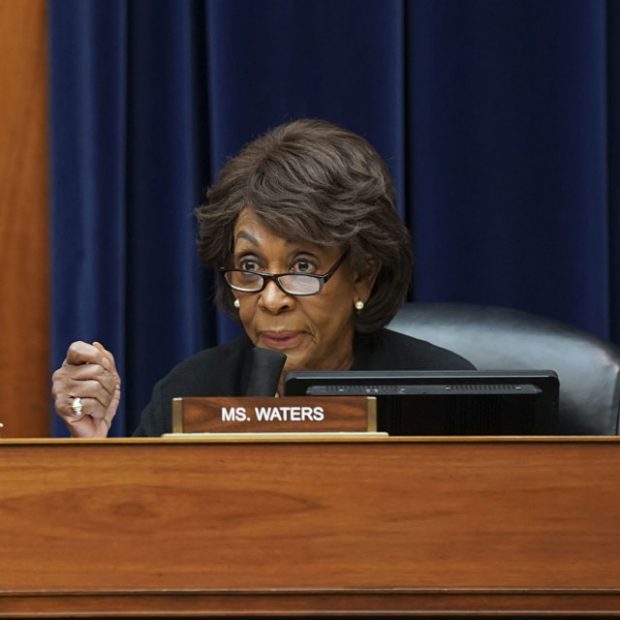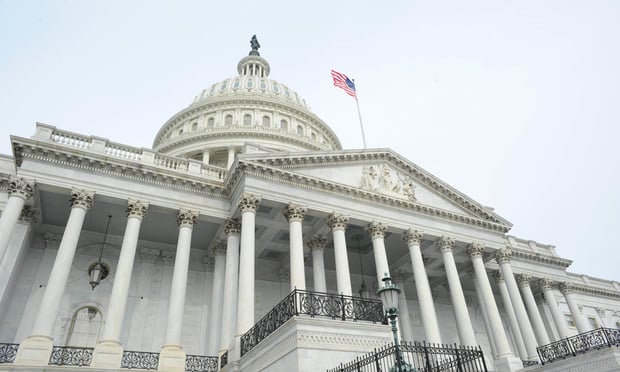 House Financial Services Committee Chairwoman Maxine Waters, D-Calif.
House Financial Services Committee Chairwoman Maxine Waters, D-Calif.
The Treasury Department's Financial Crimes Enforcement Network needs a quick infusion of at least $74.3 million to begin implementing anti-money laundering and Bank Secrecy Act changes enacted by Congress last year, House Financial Services Chairwoman Maxine Waters (D-Calif.) said Monday.
"I believe that these funds are critical to properly implement the requirements of the [changes in law]," Waters wrote in a letter to the House Financial Services Appropriations Subcommittee.
Recommended For You
Waters is asking for a supplemental appropriation that would be appropriated before the FY22 appropriations are enacted. She said that if funds are available, she would favor enacting an even larger supplemental appropriation of $98.5 million to provide FinCEN with the flexibility to hire employees needed to implement the new law.
The Biden Administration last week asked for $191 million for FinCEN for FY22. That represents a $64 million boost from the current fiscal year.
After years of trying to overhaul the anti-money laundering and BSA laws, Congress included financial corruption provisions in last year's defense authorization bill. President Trump vetoed that measure on unrelated issues, but Congress overrode that veto.
The new provisions require companies to disclose their beneficial owners at the time a company is formed, in an effort to rein in the use of shell companies. The anti-money laundering provisions require that four pieces of information be filed by a company owner — the name of the owner, an address, date of birth and driver's license or other identification number. The information will be reported to FinCEN and law enforcement agencies would have access to it if they were conducting an investigation.
FinCEN will need additional funding to implement those requirements, Waters told appropriators. She said that FinCEN will be required to create and manage a database to maintain the information and provide it to law enforcement agencies, regulators and national security officials.
"The Act requires that beneficial ownership information collected be treated as sensitive, non-public information and allows it to be made available only to authorized authorities, subject to effective safeguards and controls," she noted. She added that the agency will have to operate the database to protect the non-classified information at the highest security level.
Waters said the anti-money laundering provisions of the law will require FinCEN to establish a small network of liaisons across the country to bolster coordination with industry and law enforcement.
In all, the law "amends FinCEN's statutory duties, expands its coordination and cooperation with tribal law enforcement, and clarifies that the agency's statutory duties and powers now include supporting intelligence and counterintelligence activities to protect against all forms of terrorism," according to Waters.
© 2025 ALM Global, LLC, All Rights Reserved. Request academic re-use from www.copyright.com. All other uses, submit a request to [email protected]. For more information visit Asset & Logo Licensing.







